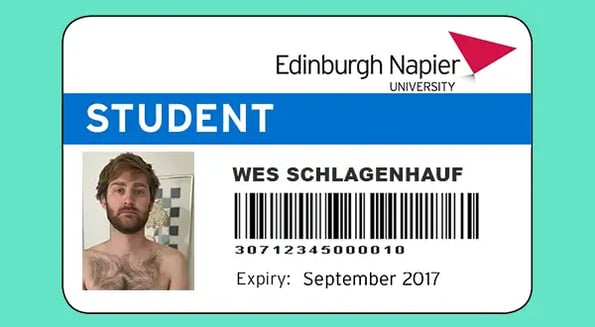Does hanging out in the library really mean you’ll do better in school? The University of Arizona wants to find out.

Their new ID card tracking system keeps a record of how often students interact in social settings on campus (like how frequently they use the campus rec center), what they buy to eat, and their academic performance.
According to the University, the data allows them to usually predict (quite accurately) within a freshman’s first 4 weeks if they will return as a sophomore and eventually graduate.
Don’t get put on the list
Based on the data, the university creates a list every quarter of freshman in danger of dropping out and shares it with the students’ advisors, who do their best to intervene.
So far, their efforts have been pretty successful. After 3 years of collecting freshman data, their predictions have been 73% accurate. And, in 2017 the school’s retention rate rose to 86.5% — about 11% higher than the national average.
But, is monitoring meal swipes ethical?
Like any predictive technology, there are some major ethical concerns about violation of student privacy.
The social data the school gathers includes timestamps and locations, and according to Gizmodo, the university never discloses how card swipes and payments are used to monitor student behavior on their policy site.
Honestly, we’re just concerned they might catch on to the old “make a sandwich take a sandwich” dining hall scam we ran back in the day.

